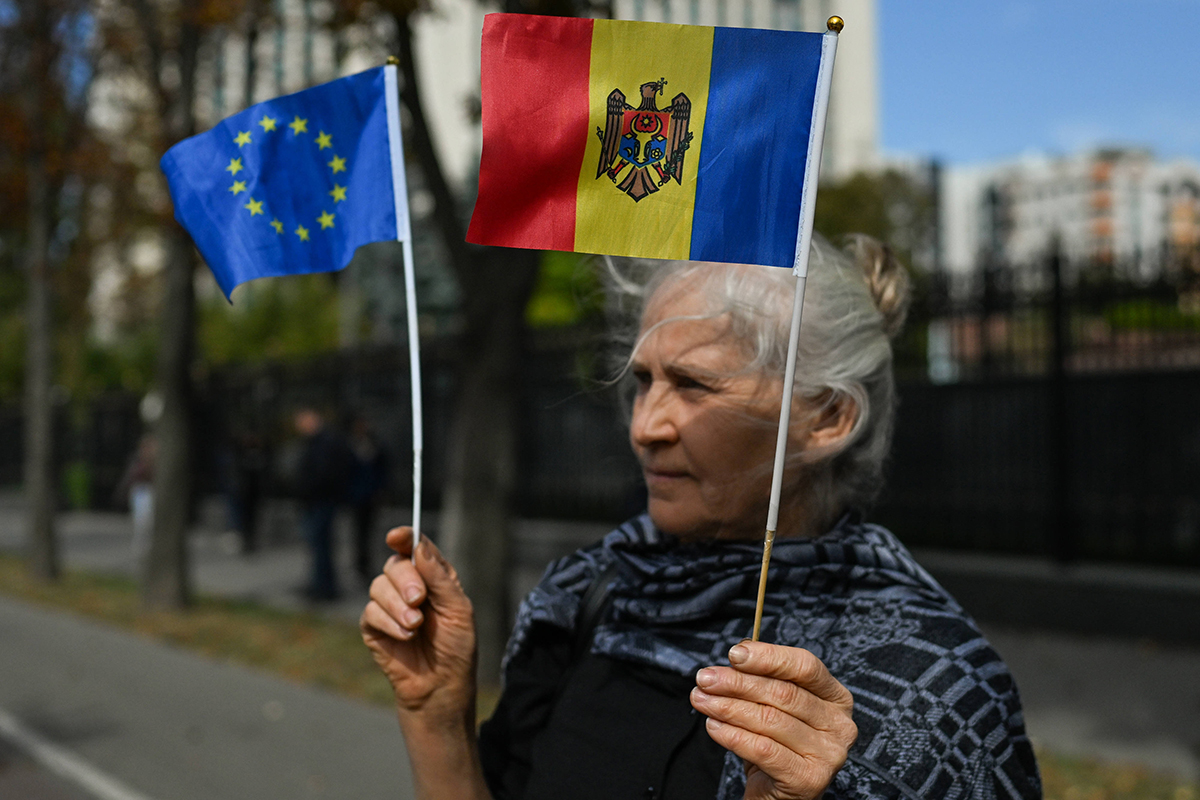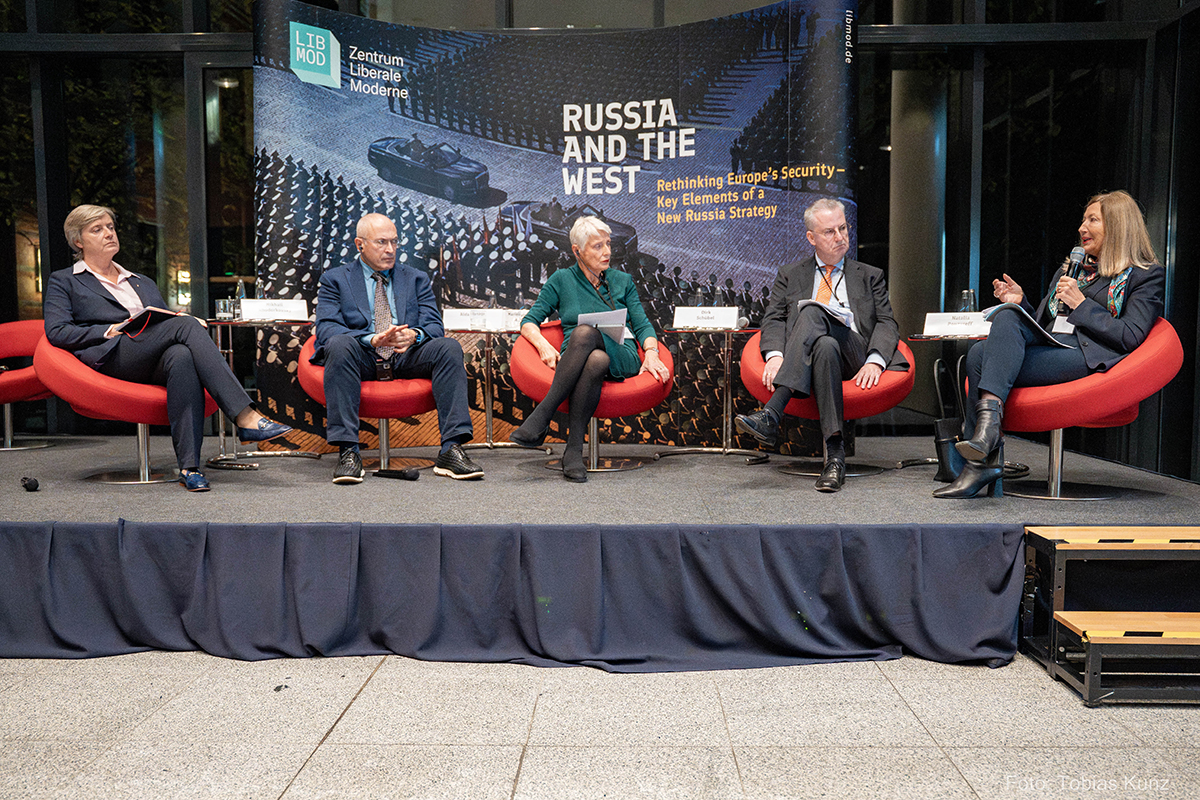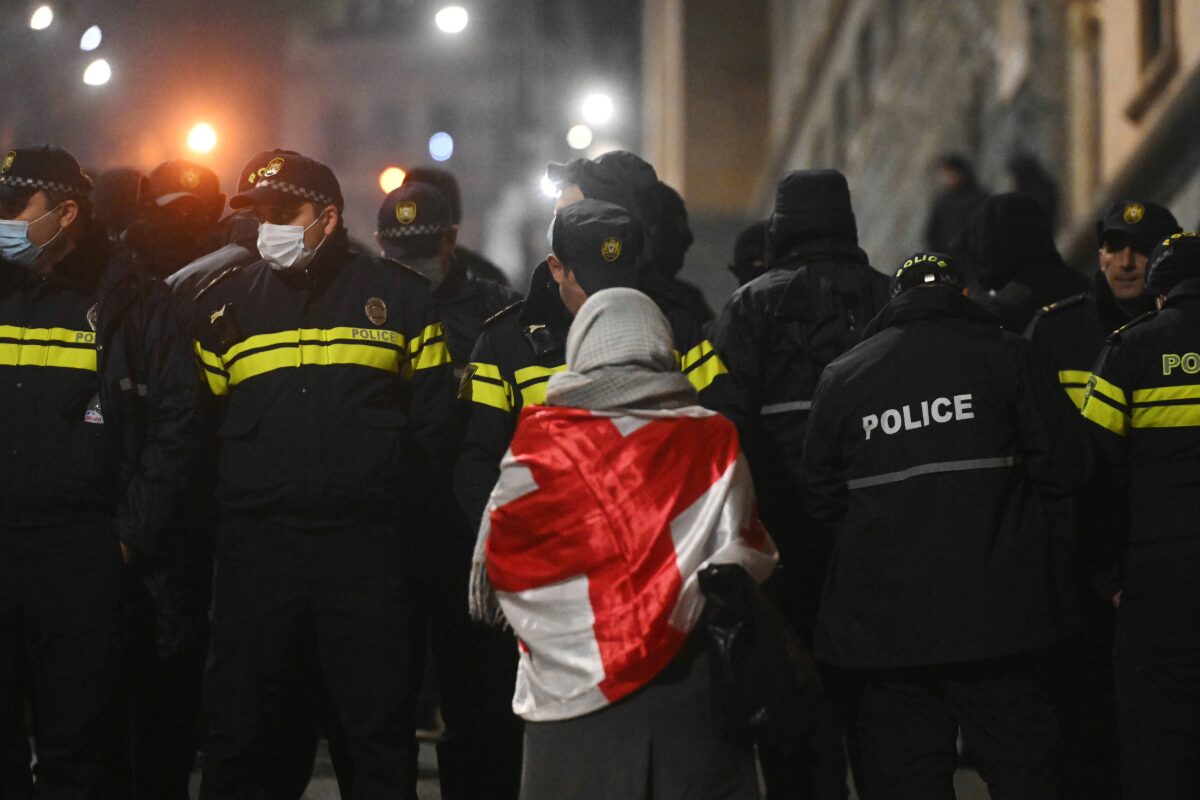Populist nativism of the East, West and Israel

The anti-liberal revolt ist not limited to the US and Europe. Tendencies towards an ‘illiberal democracy’ and ethnic nationalism can be observed in Israel as well. The Israeli author Dahlia Scheindlin refers to developments in Poland and Hungary: The definition of nationality by jus sanguinis, targeted attacks on the separation of powers and intolerance towards dissidents. The ongoing external threat to Israel amplifies tendencies towards a mental national fortress. Yet, the article ends with positive prospects: the stamina of Isreal’s democracy should not be underrated.
“Conservatives in the Western part of Europe dream of a continent where majorities will be the ones shaping society; in the East they dream of a society without minorities and governments without oppositions,” wrote Ivan Krastev, head of a Bulgarian liberal think tank in a recent essay in the New York Times. In the essay, Krastev compares the social movements of 1968 to the surge in right-wing nationalism/nativism of 2018 and tries to distinguish between Western from Eastern populism.
Israel too has been ruled by a right-wing governments that increasingly traffics in nationalism or nativism, harangues minorities, dissenting views and migrants.
What exactly do Israel’s right-wingers “dream” about, relative to the populism spreading through Europe? Is Israeli nativist/populism more like the Western or Eastern European version?
The overriding trait of Israel’s populist right is Jewish nationalism. It is “nativist” in the sense that they perceive Jews as the true and only natives of the land – this of course is the historic meaning of Zionism throughout its history and policies to ensure a Jewish majority are not new. But, while the Israel’s founding Declaration of Independence included provisions to “ensure complete equality of social and political rights to all its inhabitants irrespective of religion, race or sex“, the new nationalists seek new ways to actively engineer the Jewishness of Israel through legislation and policy.
One of the first instances began over a decade ago. In 2005, the emerging politician Avigdor Lieberman began floating the idea of redrawing Israel’s borders to excise large numbers of Arab citizens, who are a 20% minority in Israel. He called it a population swap or border adjustments (Israel would annex Palestinian areas with Jewish settlements); but the plan actually entailed ethnic-based forced de-patriation.
Lieberman’s political star rose, largely due to his open hostility to Arab citizens. His appeal grew beyond his base of former Soviet immigrants and began to peel off votes from Netanyahu’s Likud in the 2009 elections. When the latter formed the government beginning in 2009, it proceeded to advance even more Jewish-exclusivist policies – perhaps in a nationalist-outbidding cycle. The government under Netanyahu promoted the Jewish nation-state bill to define Israel constitutionally as Jewish, a “loyalty oath” bill for minorities who were to swear allegiance to a Jewish and democratic state, and introduced the condition for negotiations with the Palestinians that the latter must recognize Israel as a Jewish state.
The nativist sentiment and policy engineering recalls Krastev’s version of Orban’s Hungarian, Eastern, nationalism. “’We do not want to be a diverse country. We want to be how we became 1,100 years ago here in the Carpathian Basin,’” he quotes Orban saying. If Hungary is only for the Magyars, similarly, Israel is only for the Jews. The resonance of this theme is certainly heightened in the context of a protracted ethno-nationalist conflict with the Palestinians, which makes the notions of ‘us and them’ a matter of daily life.
Such nativism takes two insidious forms: first, the cultic elevation of the majority identity, and second, venomous attacks on anyone in an outgroup.
Since roughly 2012, Israeli right-wing officials have led jingoistic campaigns that are essentially incitement against asylum seekers from war-ravaged regions of Eritrea and Sudan. At first, the general anti-immigrant rabble rousing resembled the frustrations found in Western Europe as well, in Austria, Germany, Netherlands – Western Europe. But it quickly moved to policy directed towards full removal of migrants from Israeli life. Over the next two years Israel built a wall/fence to ban those who had crossed the Sinai desert on foot. The number of entries dwindled to near-zero. Although Israel is a signatory to the Geneva Convention on Refugees and Stateless Persons, policies were implemented to pressure and encourage them to leave – the estimated number of African migrants declined from about 65,000 to roughly 40,000 over the last five years.
Israeli agencies made it hard for them to even submit applications for asylum, and the vast majority were never even reviewed. The percentage who were actually granted asylum status is well below one percent – extremely low relative to the 87% rate for Eritreans recognized as refugees, or 63% for Sudanese in the rest of the world. Finally, early in 2018, the government has set about to deport them en masse to “third countries” on pain of being imprisoned in Israel’s migrant jails. The government and its considerable support base once again rather reflects the Eastern European nativist dream of a society without outsiders.
Krastev’s essay leaves out a significant distinction between more moderate conservatives and far right-wing populism. The former seek to win election and govern. Eastern populists seek to change the rules of the game. In Hungary and Poland populists have their own state institutions in their crosshairs. It’s as if they recognize that their anger and fear-driven political aims can only be reached and maintained by force; therefore, they must undermine the independence of the courts, control the media, suffocate civil society, and suppress opposition. The distinction between Western and Eastern here may be artificial – it could very well be that if the far-right populists actually gained power in the West they would act in similar ways.

On this point too, there is little question which version Israel resembles more. Since 2009, Israel has passed laws against political expression (such as two separate laws against either Israelis or foreigners who support a boycott in protest against Israeli occupation of Palestinians) and laws attacking the funding sources of civil society (the NGO law). Right-wing leadership in Israel has become synonymous with weakening and discrediting the court system for some years; the current Justice Minister openly seeks greater political control over the appointment of judges, hopes to undermine the right of judicial review and generally end judicial activism. The national broadcast authority has been shut down and reconstituted in a less stable version; the Prime Minister himself has boasted openly of seeking to close a private television station that is considered a shade more critical of the government.
Undermining domestic democratic institutions is the bridge between nationalist veneration or attacking outsiders, to attacking insiders – the liberal or merely critical figures even if they hail from the majority “in-group.” For nearly a decade, human rights organizations in Israel have come under crippling assault in public discourse. More recently, Israel’s Culture Minister has denounced a prize-winning film made by a Jewish Israeli director, due to the putative critique of the army; the Education Minister banned a book from high school reading lists by a Jewish Israeli novelist, for writing about a Jewish-Arab relationship. The attempt to inhibit people’s opinions and burden the channels for expressing them turns anti-outsider nativism to cannibalism. Universalists become self-haters; dissenters become traitors.
In contrast to liberal democratic systems that strive to protect the rights of minorities, Netanyahu and closest supporters in government have moved to redefine democracy as an unchecked “tyranny of the majority”. They constantly refer to elections as the only true measure of legitimacy. They seem to presume that if the masses are unrestrained by pesky institutions upholding liberal rights and minority protections, those masses will dependably support their politics of exclusive majority supremacy.
But what if that assumption turns out to be wrong? If the institutions of democracy are undermined, “the people” might just also step up and prove the populists wrong. On a good day, when tens of thousands of Israelis protest a bill to muzzle the findings of police investigations against the Prime Minister, or to cry out against the deportation of migrants – the people might still be a source of hope.
![]()
Related Content
Subscribe our Newsletter
Receive news about our topics regularly with our LibMod newsletter in German language.





